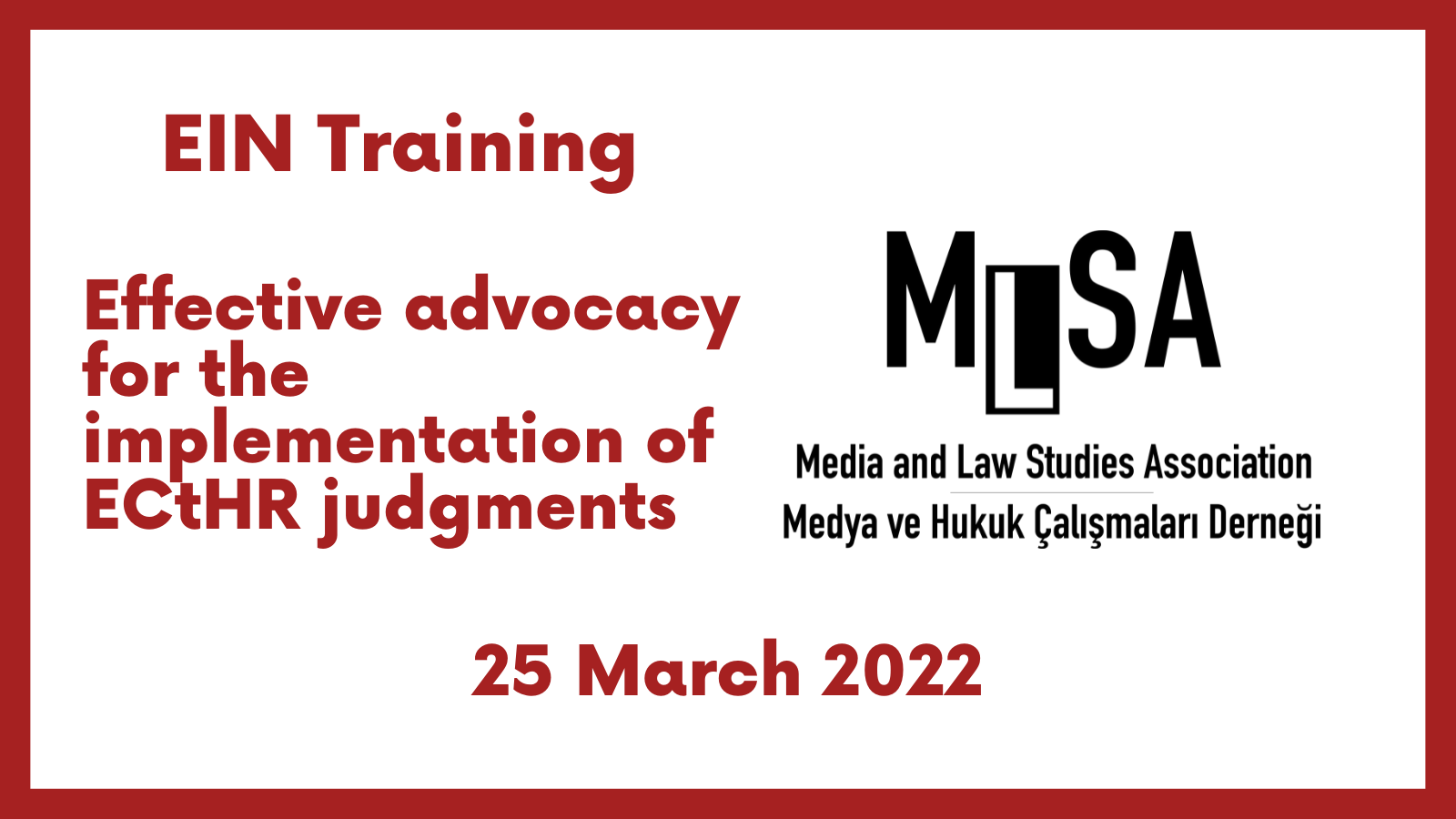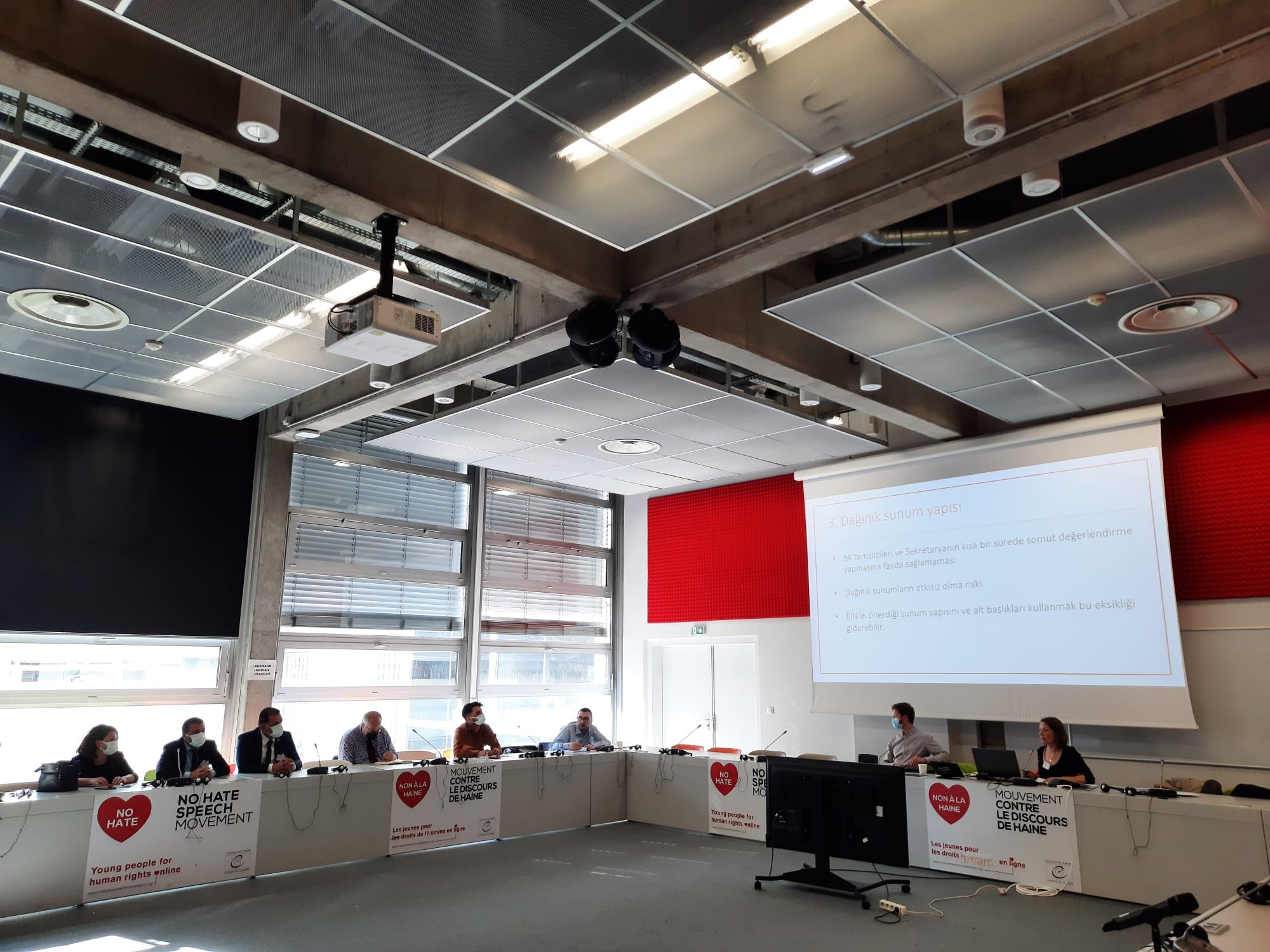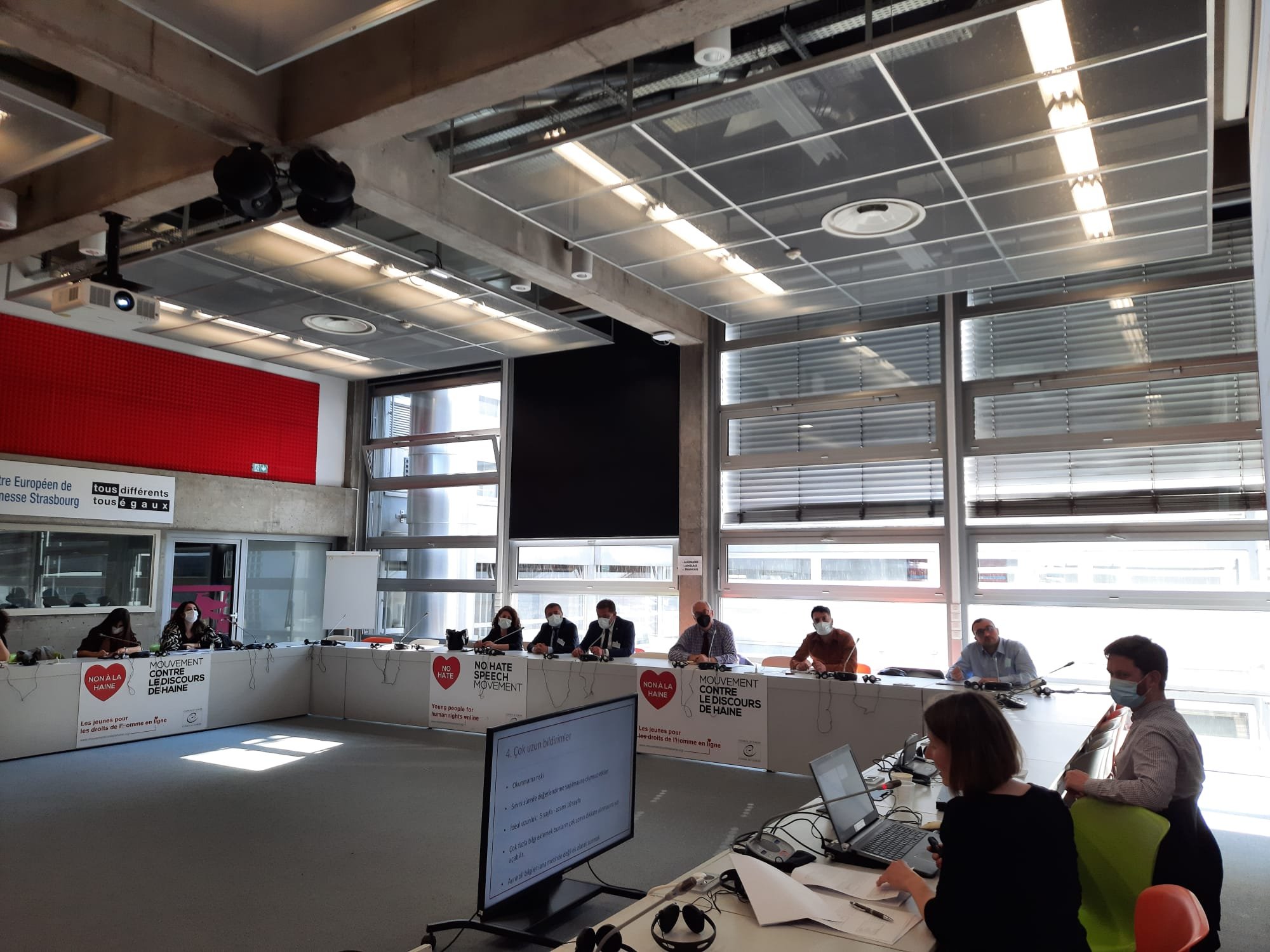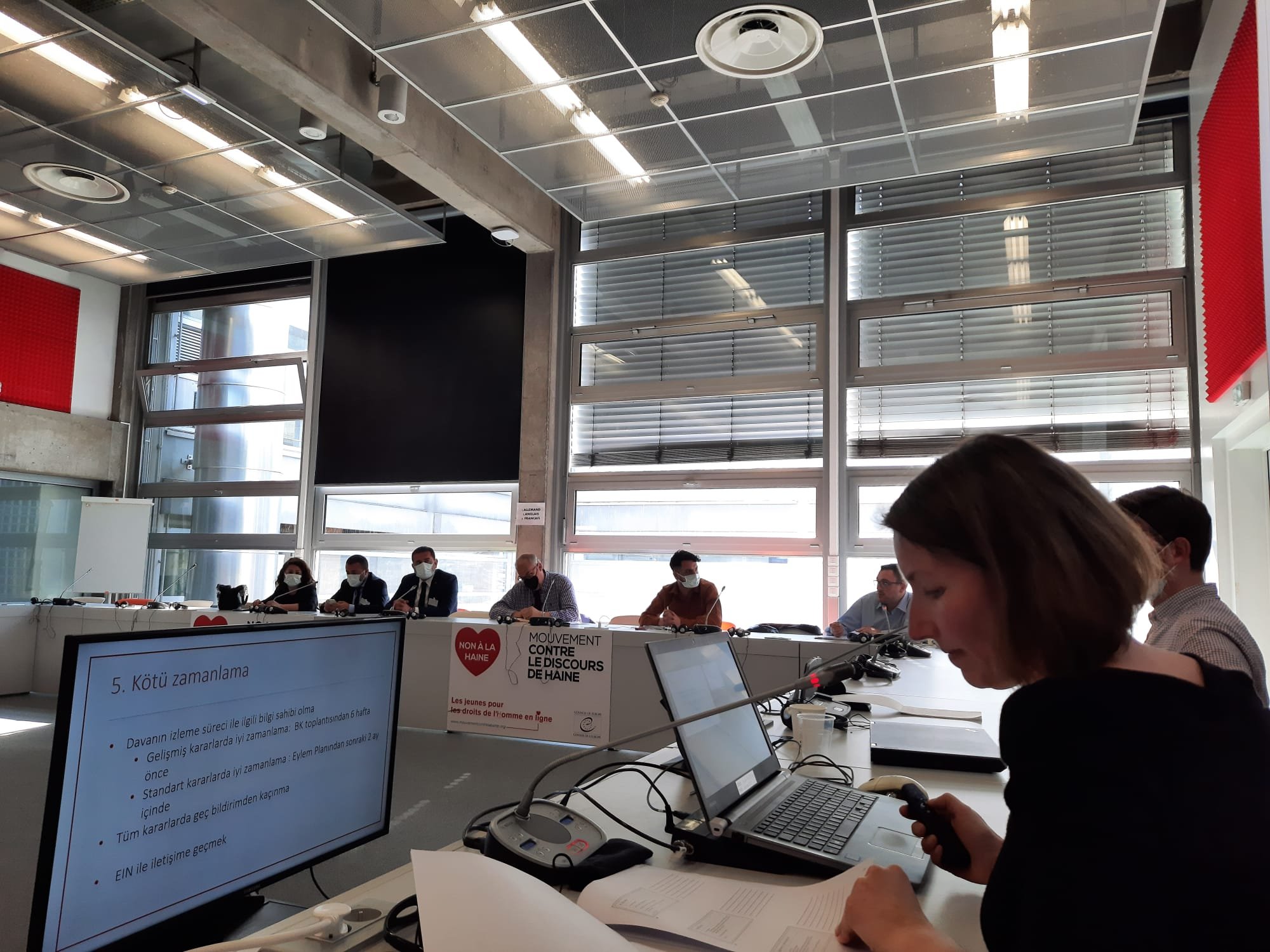Justice Delayed and Justice Denied: Non-Implementation of European Court Judgments and the Rule of Law
/The European Implementation Network (EIN) and Democracy Reporting International (DRI) are delighted to present “Justice Delayed and Justice Denied: Non-Implementation of European Courts’ Judgments and the Rule of Law,” a joint report on the non-implementation of European Court judgments in EU states.
Over the past few years, governments, media and citizens have become increasingly alarmed about the backsliding of fundamental European values. This has led to a series of policy measures designed to halt and reverse the trend. In 2020, the European Commission adopted a new annual rule of law review cycle - and in a separate process, structural funds have been withheld as a result of its negative rule of law assessments.
With the rule of law becoming an issue of sanctions and hard political controversy, the situation of the rule of law in EU member states should be correctly and exhaustively understood. A missing piece in this puzzle of rule of law shortcomings is the non-implementation of judgments of two key European courts: the European Court of Human Rights and the Court of Justice of the European Union.
The non-implementation of judgments of the European Courts has become a systemic problem. 37.5% of the leading judgments of the European Court of Human Rights relating to EU states from the last ten years have not been implemented. Each of these judgments represents a significant or structural problem, often with direct consequences for many citizens. And yet, authorities have not implemented them.
At the same time, the Court of Justice of the European Union (CJEU) is facing increasing contestation. Non-implementation of CJEU judgments is a recurring phenomenon with the EU Member States ignoring CJEU’s judgements since its inception. Yet, the resistance against the Luxembourg-based court has increased in recent years, with courts and governments in EU Member States openly challenging the top body of the EU’s judiciary.
The EU’s response to the rise of democratic and rule of law backsliding is at an important stage of development. This is a key time to ensure that it is as effective as possible. We hope that this report will help put the implementation of European Courts’ judgments firmly inside the EU’s rule of law agenda, to be seen as an essential requirement of all European states.






